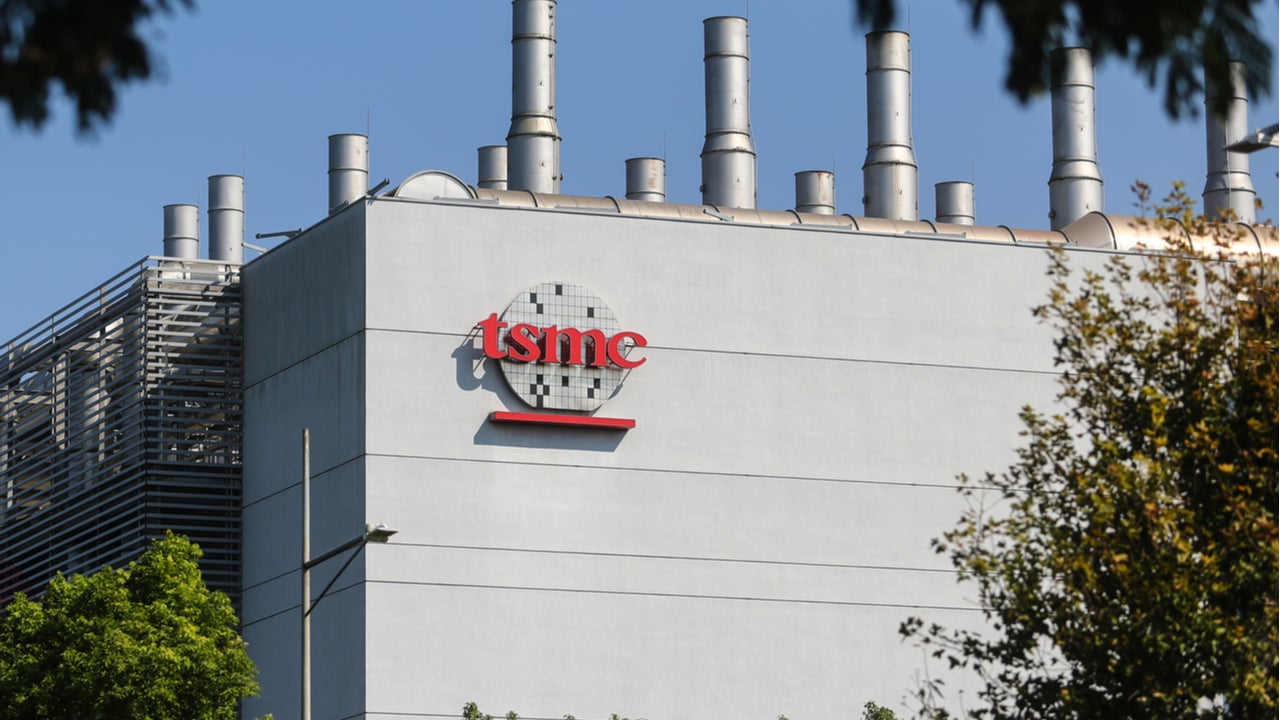
Taiwan Semiconductor Manufacturing Company (TSMC) has warned the global chip shortage affecting industries including automotive and consumer electronics may continue into 2022.
The world’s largest semiconductor company said on Thursday it was building new factories and hiring thousands of people to match the soaring demand for silicon. Over the next three years it plans to invest $100bn in expanding capacity.

Access deeper industry intelligence
Experience unmatched clarity with a single platform that combines unique data, AI, and human expertise.
“We see the demand continue to be high,” C.C. Wei, CEO of TSMC told investors on Thursday. “In 2023, I hope we can offer more capacity to support our customers. At that time, we’ll start to see the supply chain tightness release a little bit.”
The company said chip shortages would ease for the automotive sector next quarter. Automakers including Ford, General Motors and Hyundai have been forced to halt or interrupt production of cars and trucks due to a lack of chip supply.
Weak demand for automobiles due to the Covid-19 pandemic caused automakers to cancel chip orders last year. Much of this supply was then redirected to the booming consumer electronics market. When demand for automobiles picked up again at the end of 2020 there was not enough chip supply to go around.
Factory fires and severe weather in Texas further compounded the problem, sending shockwaves through supply chains.

US Tariffs are shifting - will you react or anticipate?
Don’t let policy changes catch you off guard. Stay proactive with real-time data and expert analysis.
By GlobalDataAccording to a briefing issued in January by GlobalData analysts, automotive production is “as reliant on computer chips as the consumer electronics industry.”
An industry consensus is building that the chip supply issue will not be resolved until 2023.
This week Jensen Huang, CEO of graphics processor maker Nvidia, said he doubted the chip shortage “will be a real issue in two years.”
On Wednesday the CEO of chip giant Intel Pat Gelsinger told The Washington Post it would take “a couple of years” to abate. This month Intel announced a $20bn investment to increase its chip manufacturing capacity. Gelsinger also revealed Intel was in talks with semiconductor suppliers that serve the auto industry to facilitate the manufacturing of those chips inside Intel’s factory network.
Rival chipmaker Samsung Electronics previously warned of a “serious imbalance” in the industry.
Disruption caused by the semiconductor shortage has propelled the crisis high up on the agenda of US President Joe Biden. On Monday the White House held a meeting with US automaker chiefs and technology executives. As part of his $2.3tn infrastructure plan Biden has earmarked $50bn for semiconductor research and manufacturing in a bid to increase domestic supply.
“This is infrastructure,” Biden declared this week, holding up a silicon wafer.
For TSMC the surge in demand has meant booming business, with the company this week reporting a 19.4% rise in first-quarter profits. Revenue increased by 25.4% to a record $12.92bn.







